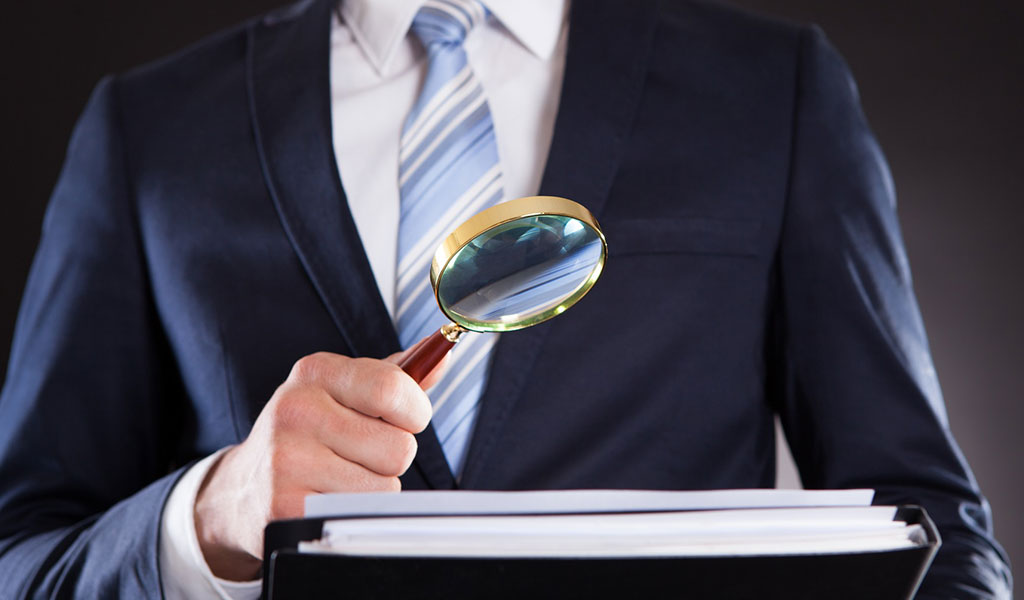
At the end of our webinar on Fraud & the Internal Auditor, one of our listeners asked the question “what can an internal auditor expect when they reveal that they have uncovered fraud?” While we did answer the question, this is a tricky topic and we wanted to add a couple of tips that you should keep in mind.
One is in respect of the eventual outcome of the investigation. An IA or an investigator, can and will put a lot of effort into discovering the fraud, how it happened, and gathering all of the necessary documents to support their findings. The IA should feel proud and quite satisfied with the work they have completed and be hopeful for the possibilities for actions to be taken against the perpetrator of the fraud. Unfortunately regardless of how strong your recommendations are, once the report is completed the outcome is generally out of your hands and this can be very frustrating.
At this point it will normally be up to senior management to determine if the file should be turned over to the RCMP for charges; have the perpetrator, if they are an employee, terminated; and attempts to recover funding be made etc. I have seen in a lot of cases where management does not pursue charges because they are afraid of the fall out, either public or internal that may occur. The IA should be prepared for this and be ready to explain why pursuing the fraud is a good thing. For example, it tells other would be perpetrators that your organization has zero tolerance for fraud and they will take all measures to recoup their losses. It tells your staff, many of whom may be aware of the fraud, that this is not ok. And finally it shows that you are willingly dealing with these types of situations, improving your systems and moving forward.
Additionally due to the heavy workloads of the RCMP, they may not have the time or the money to pursue your case or even if they do, the crown attorney may not proceed with it.
So in the end you may perform a lot of great work and produce an excellent work product and not get the end result you wanted. Don’t take this as a reflection on your work. If nothing else, take it as an opportunity for your organization to improve its controls and ensure that this type of fraud and other similar ones don’t occur in the future.
Secondly, when faced with a suspected fraud, the IA shouldn’t be afraid to raise their hand for help. In your role, you may never have dealt with a fraud before and if you have, it will most likely be very rare. As such you can’t be expected to know how to deal with everything that is about to come at you. Use all the resources you have at your disposable to ensure that your organization thoroughly investigates the situation. Those resources would include your internal and external IA colleagues, your external auditors and fraud experts. Your colleagues might be able to provide you insights into situations they have had, your auditors can provide help to understand the financial impacts to your organization, and the fraud experts can help ensure that your investigation is thorough and will stand up to the scrutiny of management, the public, and / or the courts.
For more information, please check out our webinar here or email Colin Stobo at [email protected] and Andre Auger at [email protected].